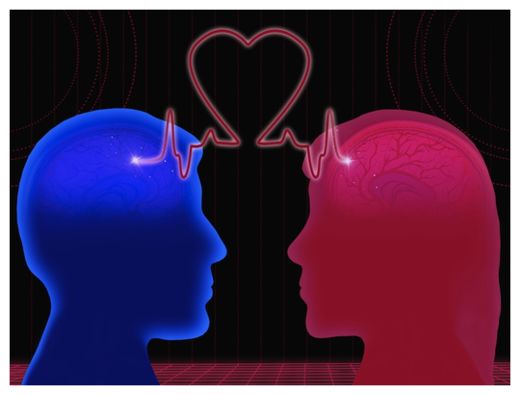
© RedOrbit
Surgeons have been using general anesthesia since the 19th century, but until now physicians and neurologists didn't know exactly how brain activity correlates to the loss of consciousness.
A new study from Massachusetts General Hospital (
MGH) and Massachusetts Institute of Technology (
MIT) that was recently published in the journal
PNAS demonstrated how distinctive brain activity patterns are associated with the loss of
consciousness.
"How anesthetics produce unconsciousness is a major scientific mystery, so this finding is very important because it suggests a specific mechanism for how propofol, one of the most widely used anesthetic drugs, works," said study author
Patrick Purdon, from MGH and Harvard Medical School. "The pattern that we found marks a new brain state in which neurons in different areas become inactivated at different times, impairing communication between different brain regions."
The study focused on three patients who had electrodes surgically implanted into their brain as a part of
epilepsy treatment. Just before the surgery to remove the electrodes, patients were given the anesthetic propofol and then asked to push a button whenever they heard a tone, which was sounded every four seconds. If a patient missed two tones in a row, that time period was identified as the point when consciousness was lost.
Measurements of the action of single neurons by the still-functioning electrodes showed a reduction in overall activity 30 seconds after consciousness had been lost.



Comment: What happens to these woman, and many others, perhaps can be better understood in the context of a cycle of spiking, then crashing dopamine levels. At the top, orgasm spikes dopamine and creates a "high" in the reward center of the brain. At the bottom, when dopamine levels are low, one feels scarcity, separateness, craving, need and greed. This drives one to repeat the cycle to get that "high" to feel good again.
Read the following to learn more: